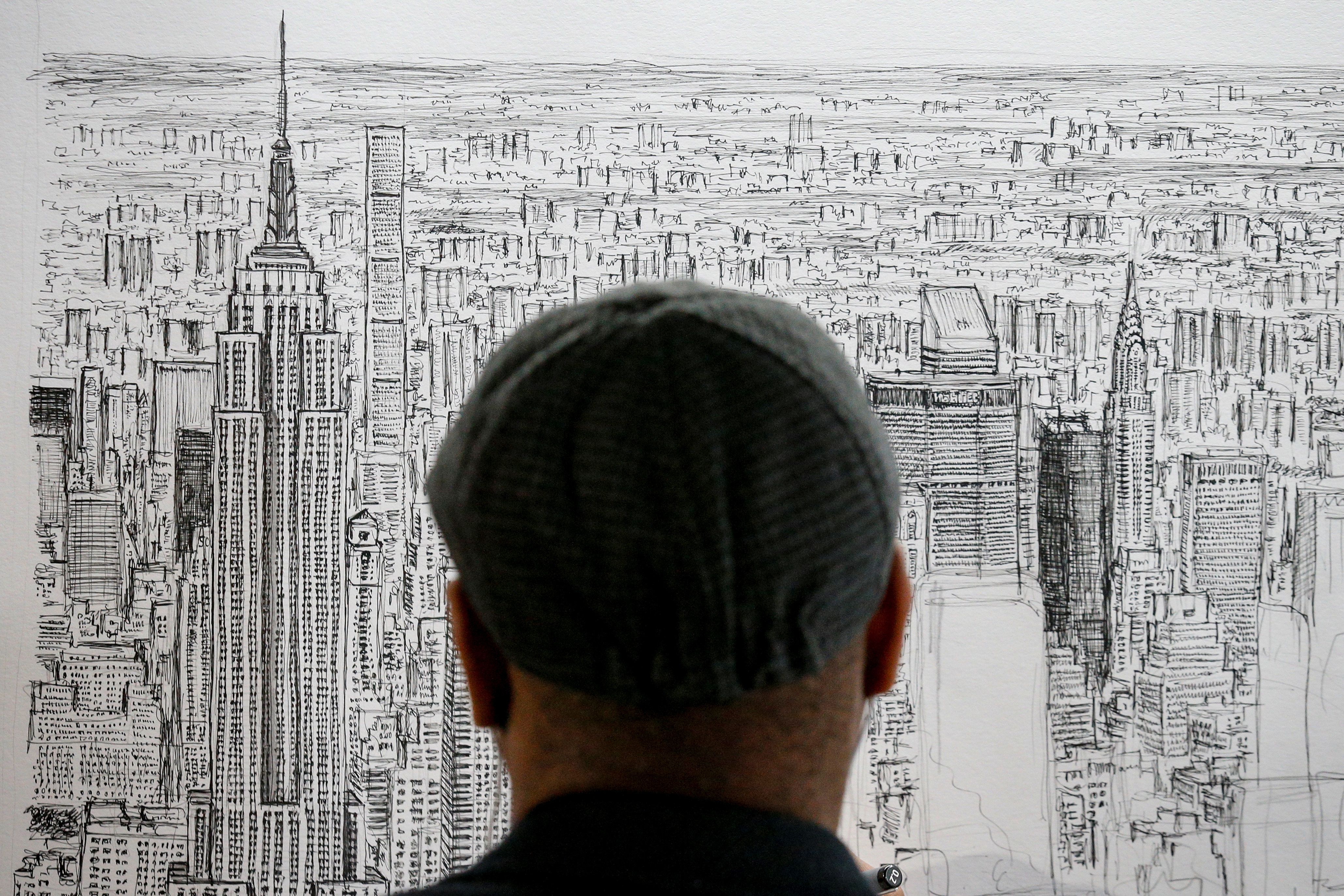Every important new technology, it seems, comes with both exciting potential to improve the quality of our lives and a dangerous downside that we can never be sure we fully understand. A recent report from New America Foundation applies this logic to the "smart cities" of the future.
The upside: Wiring up every street lamp, traffic light, sewer pipe, and power line to the internet will create huge opportunities for cities to use their resources more efficiently. Cities that can reduce their electricity and water use or automate the flow of traffic will cut pollution while freeing up money to invest in other things that benefit citizens, like public safety or better services.
The downside: Anything "smart" can be hacked, particularly if it's badly managed or poorly protected. Smart cities will give bad people an exponentially greater opportunity to create havoc and disrupt the lives of millions of people.
There's a precedent: The city of Atlanta was hit with a ransomware attack last year that knocked its court system, police, and other city services offline. With smart cities, the potential for large-scale damage is much greater.
Smart technologies can leave citizens vulnerable to a terrorist organization that wants to score a major hit on an entire city, a foreign government that wants to subvert a rival, a domestic government that wants to punish cities it considers opposition strongholds, an organized crime organization looking to extort a ransom, or an anarchist group that attacks simply because it can.
Other questions raised by the report: Do city officials understand these technologies well enough to interact intelligently with technology firms? Do they have enough support from state, federal, or other partners to ask the hard questions about the economic and safety implications of smart city technologies?
The emerging reality: Both the upside and downside will be with us sooner than you might think. At least 26 smart cities are expected to be constructed over the next six years. There's a risk that engineers will master the technology and political officials will implement it before anyone fully understands the vulnerabilities it creates.